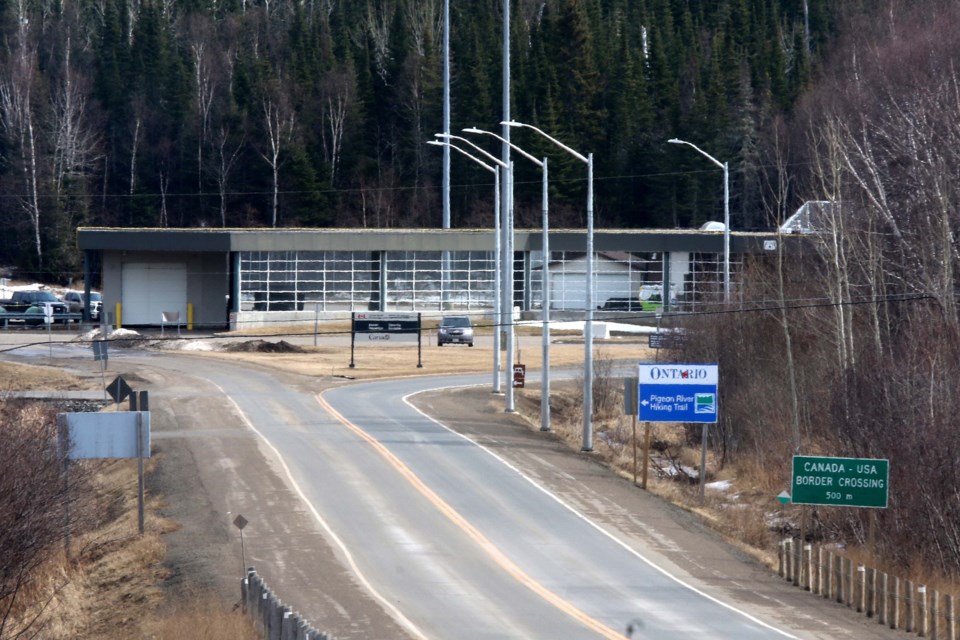THUNDER BAY – The United Sates land border will reopen to fully vaccinated Canadians travellers on Nov. 8
The requirements will also apply to those traveling by passenger ferry and by air, though those in the latter category will also have to show proof of a negative COVID-19 test taken within three days of departure to the States.
The testing requirement does not apply to travellers crossing land borders, but they will have to show proof of vaccination status if asked by a customs officer. Until January, the vaccination requirement will only apply to non-essential travel, but at that time all travellers, including essential workers, will have to have full vaccination status.
The United States has yet to announce what documentation it will accept as proof of vaccination, nor have has the White House said if it will accept mixed vaccination doses as being considered fully vaccinated.
Rep. Brian Higgins (Dem, NY-26), who for months has been advocating for the reopening of the border between the two countries, is calling on the United States to accept mixed vaccinations for Canadians seeking to enter the U.S.
“Nearly four million Canadians, equivalent to 10 per cent of their fully vaccinated population, have received mixed doses of the available mRNA COVID-19 vaccines – this includes the AstraZeneca vaccine. At present, the AstraZeneca vaccine does not appear on the CDC’s list of approved and authorized vaccines for use in the United States and the CDC website recommends against mixing doses of mRNA COVID-19 vaccines,” he said in a statement on his official government page.
Unless the rules change, Canadians returning home will still have to provide a negative molecular (PCR) test result, taken within 72 hours of arriving at the border, or risk a hefty fine. Tests can cost hundreds of dollars per person.
Deputy Prime Minister Chrystia Freeland, speaking in Washington D.C. on Thursday, said there is no current plan to remove the testing requirement any time soon.
Canadians do need a valid PCR test to go back to Canada. I had my test done to go home this afternoon,” Freeland told the Canadian Press.
“I really believe that when it comes to finishing the fight against COVID, the Canadian approach, which has been to follow science, to follow the recommendations of public health authorities, and to err on the side of caution has served us really, really well.”



